
- Whole Bangla
BOLD & WEW hold a Webinar on “Rise of Domestic Violence against Women in Bangladesh during COVID-19 Pandemic"
- Whole Bangla
- 05 July, 2020 21:35:33
News Desk: Bangladesh Organization for Learning & Development (BOLD) & Women Empowering Women, has jointly organized a Webinar on “Rise of Domestic Violence against Women in Bangladesh during COVID-19 Pandemic” on 3rd July, 2020, Friday from 7:30 PM to 9:00 PM.
The discussants were Ms. Rubaiya Khan, Psycho-social counsellor, founder and lead counselor, Reflection, founder and facilitator Anandajatra, Sadia Afrin, Independent Researcher, former research investigator, Icddrb, Sayeda Ferdous Ahmed, Lawyer, Supreme Court of Bangladesh and Founder & Chairman, Justice Vision Bangladesh and Arifa As Alam, Programme Coordinator, Acid Survivors Foundation. The program had been moderated by Ismat Jahan Lissa, Founder Women Empowering Women and Chair, Women Leadership Development Committee, BOLD.
The panelists discussed about the root causes of the sharp rise of domestic violence against women in Bangladesh during COVID-19 pandemic period, what emergency course of actions can be taken to address the issue giving more priority and what can be done to challenge the status qou, i.e. break the social acceptance of violence against women and enhance the process of gender equality in family, community and society and make Bangladesh safer place for women.
Domestic violence against women is an age old phenomenon. Women were always considered weak, vulnerable and in a position to be exploited. In societies with a patriarchal power structure and with rigid gender roles, women are often poorly equipped to protect themselves if their partners become violent. “We know that domestic violence is rooted in power and control, however we need to challenge the status quo and bring positive change for sustainable solution, we need to work on redesigning the power structure and develop the national policies and guideline in the lense of gender equality to create an inclusive and gender equal society” said Saida Afrin.
Due to the countrywide lockdown and zero mobility, women and children are imprisoned within the boundaries of their homes with their abusers 24/7. For women, who are experiencing domestic violence from before, mandatory lockdowns to curb the spread of COVID-19 have trapped them in their homes with their abusers, isolated from the people and the resources that could help them. Earlier, they might have been safe for a limited time while the abusers were away for work. But now they are constantly present, with abusers having a stronger ability to control and terrify their victims.
Another dangerous effect of long isolation is mental health crisis. Due to job cut, financial instability, job insecurity, people may face reactive depression from sitting at home, which can lead to stress, frustration and anger. Stressed people often release their frustration on the weaker members of their family—children, wives and elderly parents.
Domestic violence is a major contributor to the ill health of women. It has serious consequences on women's mental and physical health, including their reproductive and sexual health. These include injuries, gynecological problems, temporary or permanent disabilities, depression and suicide, amongst others. “Women who are victims of physical, mental, economic and sexual torture should seek assistance immediately calling to the national helpline number 109 for reporting violence against women, national emergency service 999 etc. of Government and to the helpline numbers of different NGOs who are working on helping victims of domestic violence by giving medical support, legal support, mediation, psychosocial counselling support, follow up support etc. There is no alternative on building awareness regarding the women rights, existing law, help centers, support centers and shelter homes etc.-said Rubaiya Khan.
The call rate in the help lines had significantly increased during this COVID-19 pandemic. Support services are struggling. According to a study, last year, the total number of acid victims were only 19 in Bangladesh, but during pandemic, within last 3 months a sharp rise had been witnessed. “The law enforcement team needs to take rapid action in such cases to protect victims and arrest the abuser and ensure emergency support to the victim” said Arifa As Alam.
Very less number of victims of domestic violence are formally reporting and taking the help of law and order due to the socio economic and cultural factors of our country. There is no alternative of educating people about the long term impact on physical and mental health which occurs for domestic violence -said Sayeda Ferdous Ahmed.
Violence against women is a violation of basic human rights. It must be eliminated through political will, and by legal and civil action in all sectors of the society and we need to work on developing a mindset of respecting men and women equally- said Ismat Jahan Lissa
The panelist shared the below suggestions in the discussion:
- Continuous awareness building programs should be installed to promote more about the domestic violence act, Domestic Violence (Prevention and Protection). Act, 2010, role of law and enforcement of the country in protecting women’s rights and in addressing the domestic violence against women, the victim support facilities, services and solutions of Govt and NGOs etc. in Bangladesh. Such as informing about shelter homes of govt, NGOs, psychosocial counselling services, police support etc.
- All the concerned development organizations and Govt, local government, community leaders, need to work together and in a coordinated approach to prevent the domestic violence against women in Bangladesh. The survivors of domestic violence can be involved in program planning and implementation in order to ensure accessibility and effectiveness.
- The health sector needs to play a vital role in preventing violence against women, helping to identify abuse early, providing victims with the necessary treatment and referring women to appropriate care. Health services must be places where women feel safe, are treated with respect, are not stigmatized, and where they can receive quality, informed support. A comprehensive health sector response to the problem is needed, in particular addressing the reluctance of abused women to seek help
- Media can play a big role in terms of implementing rigorous awareness building campaigns to prevent domestic violence against women. An integrated media campaign covering electronic, print and film media that portrays domestic violence as unacceptable is the need of the hour. The role of increasing male responsibility to end domestic violence needs to be emphasized.
- The health workers have a responsibility to build awareness by creating and disseminating materials and innovative audio-visual messages, which project a positive image of girl child and women in the society.
- The helplines those are in service to reduce the domestic violence against women, needs to be more effective during this pandemic.
- Community recreation clubs can be introduced for women. Educational institutions should educate students both boys and girls about the importance of physical health and mental health and wellbeing as well as educate them to practice respect to all human beings.
- Government should consider about allocating a portion of COVID-19 stimulus package in national budget of 2020-2021 to support the victims of gender based violence, financially, especially for them who belong to the underprivileged communities.
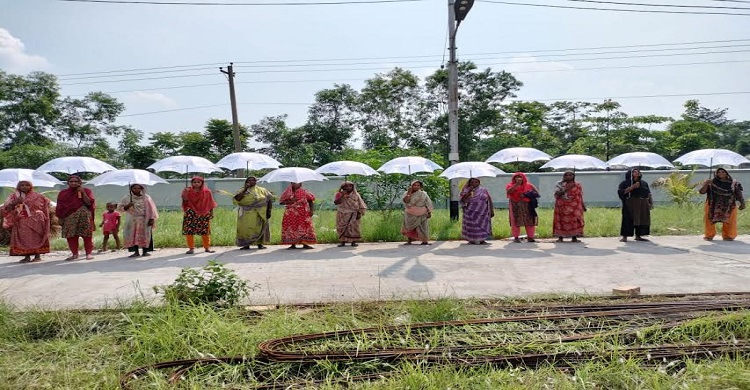
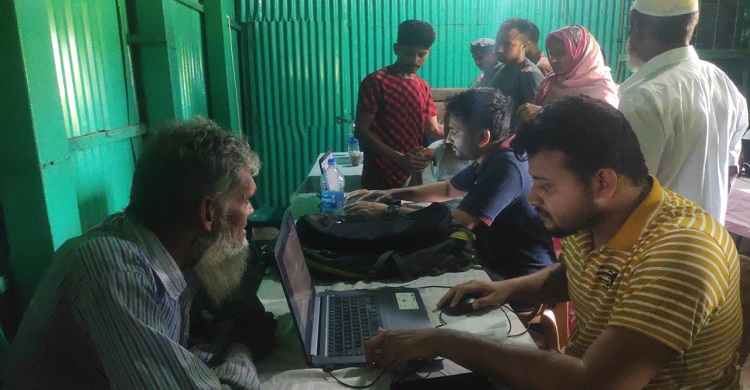

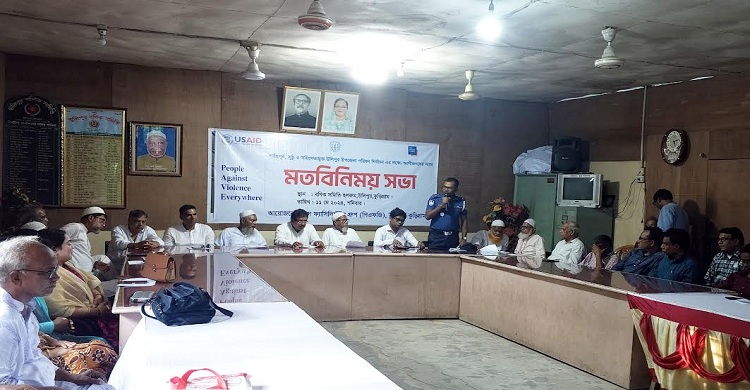


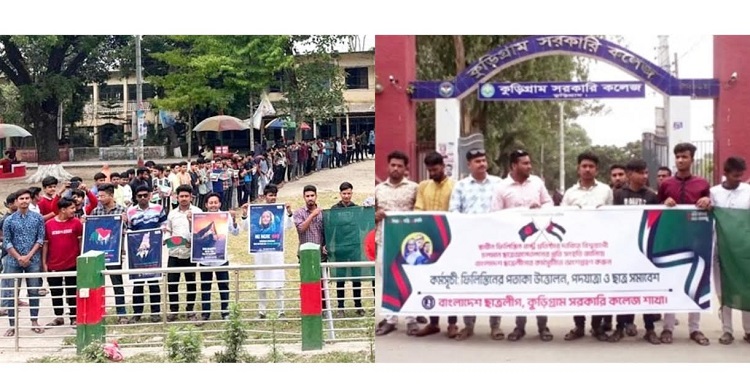

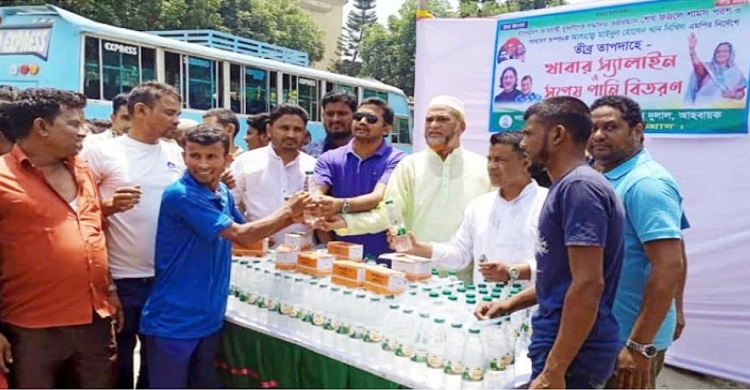

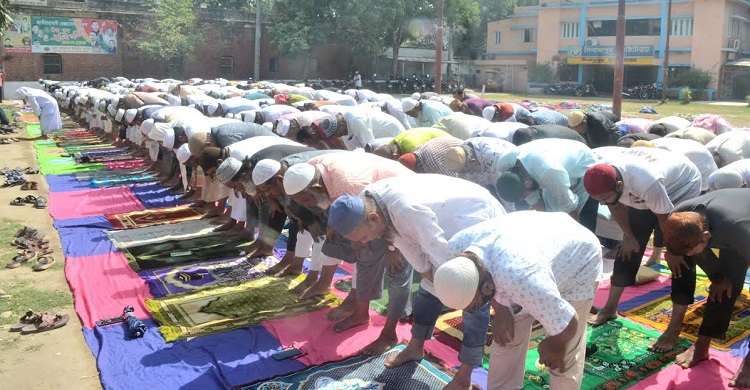

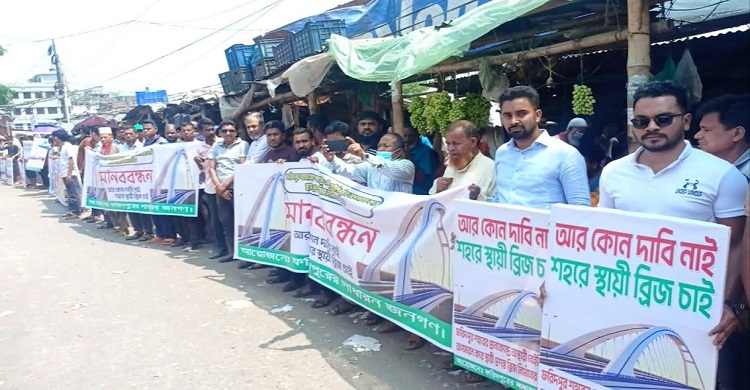
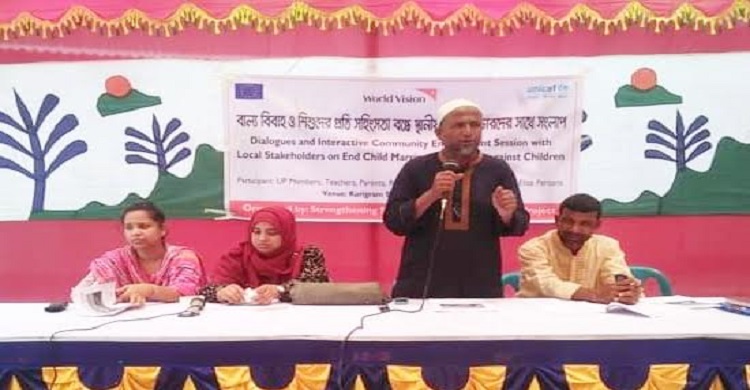

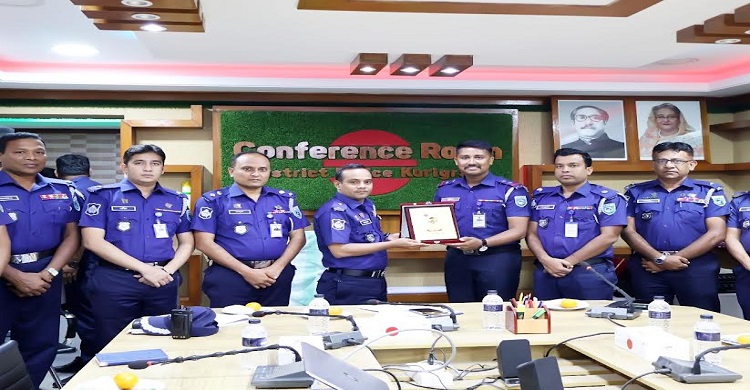

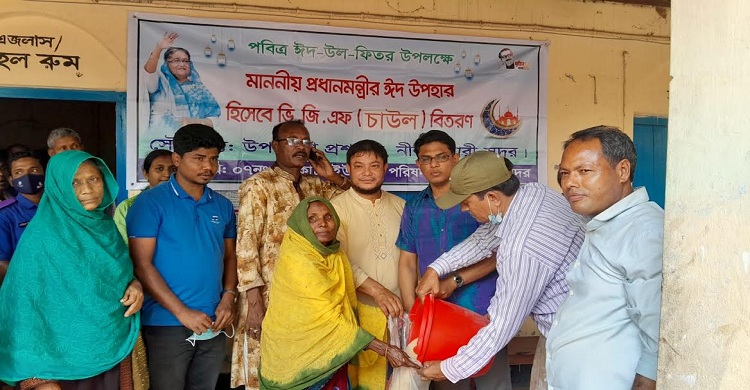




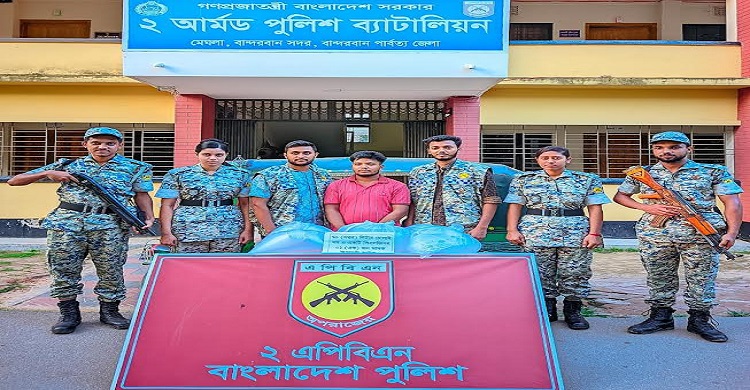





Comment ( 0)